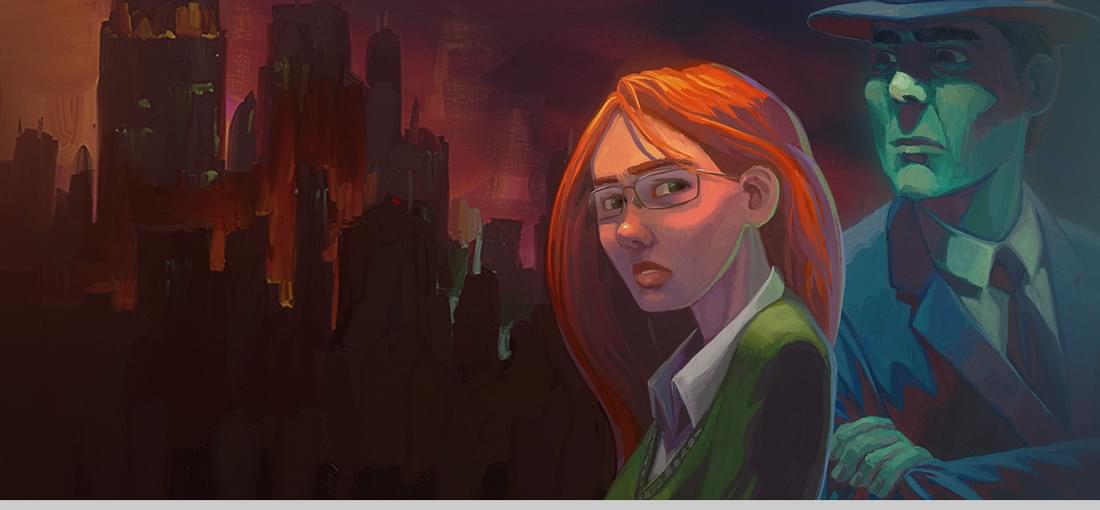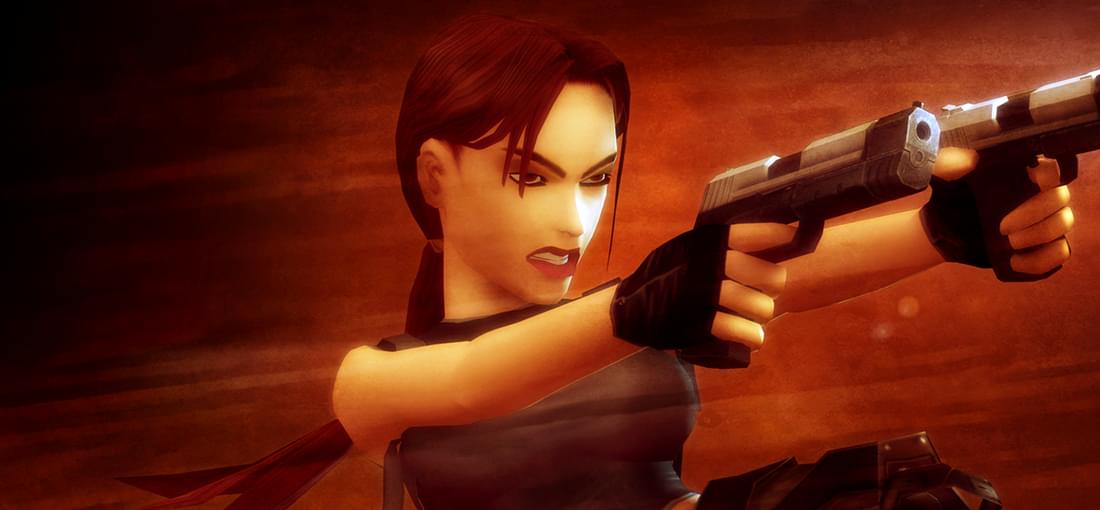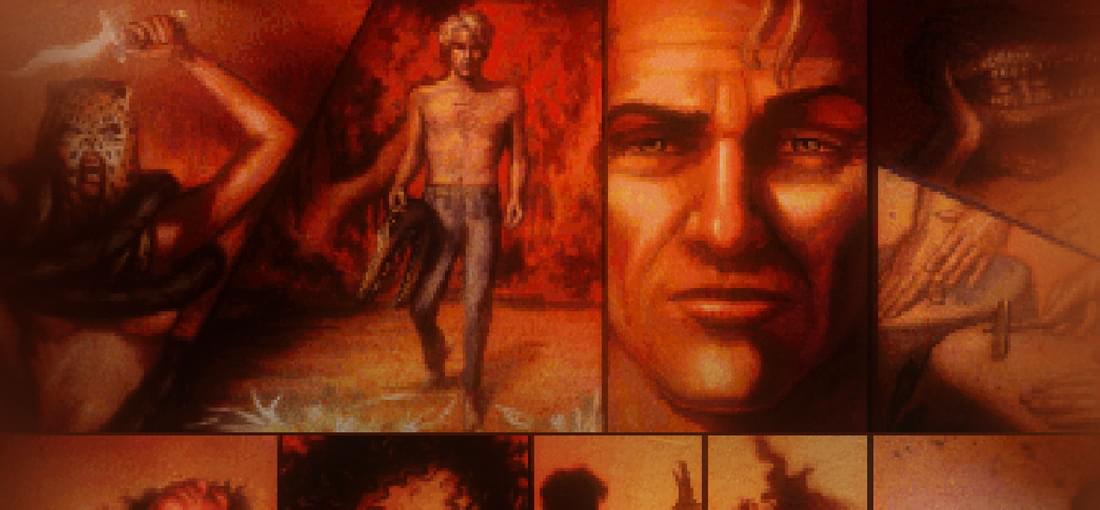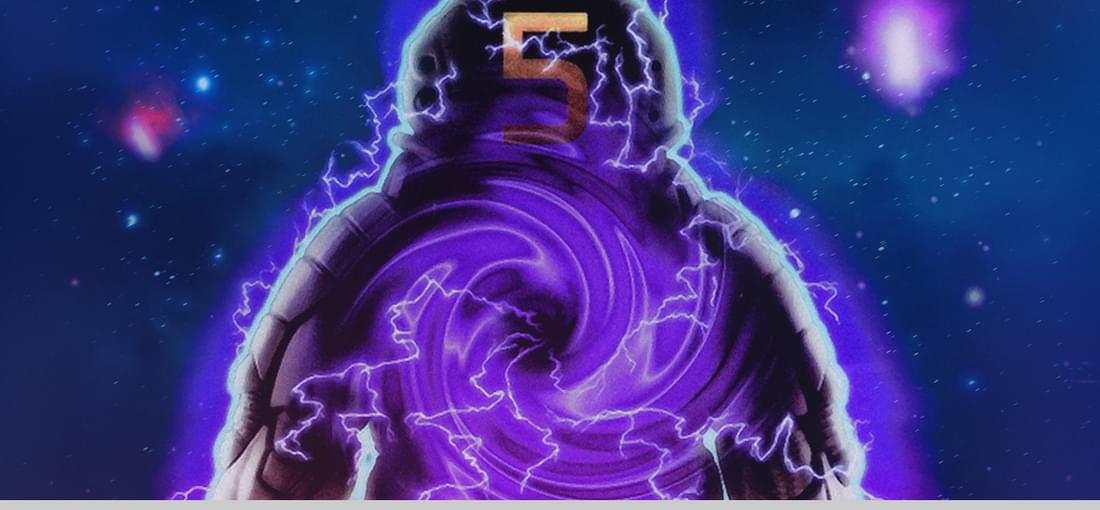


If you are a fan of the old pixel-hunt point and click genre, then you won't want to miss "The Blackwell Bundle," a straight-up, old fashioned, adventure story. All of the elements are here: engaging storyline, appropriate music, and even a little mystery. It's a fun-to-play recipe, and, while I can't think of any major reason to dissaude anyone from playing it, there are a couple of issues that I should mention, this being a review and all. First of all, the games are quite short. Each game is like an episode, and not a proper stand-alone game. It's a good thing they come here as a bundle, because they are too quick to play one at a time. Secondly, each game has some programming bugs, the first being the worst, and the fourth being the smoothest to play; the first game crashed on me several times, and I had problems with hanging and freezing with all four of them at some point. The last issue I had was that there aren't really a lot of puzzles in any of the games. There are one or two puzzles in the last game, but that's pretty much it. Any challange you encounter in the whole rest of the series will come from failing to note an object that you can interract with in the game. If you already know and love classic adventure games, and you know how to save often enough to avoid falling prey to the game-breaking bugs, then none of these issues will be a problem for you.

If you have read the other 75 reviews, then you already know that AoD is not the best TR game in the series. The reasons for this can be summed up as follows: 1. shabby production values (lots of bugs) 2. Lack of traditional TR atmosphere and settings 3. AoD sometimes trades conventional TR difficulty for newly-developed frustrating gameplay 4. Plot is a bit Shallow All of these things are true, but possibly not to the extent that you have been led to believe. Furthermore, in spite of all of those flaws, I still had fun playing through AoD. I thought the new directions they experimented with in AoD were really interesting and that alone was enough to capture my attention for the game. I thought it was interesting to see the ideas that were put into the game, and AoD always felt to me like it one step away from being a real breakthrough for the series. Yes, it's too bad it didn't pan out, but it's really not as bad as it's made out to be! So, to sum up, I liked it because it was different and interesting, but if you run afoul of the game-breaking bugs or just hate the idea of a TR game with a different kind of setting or plot, then you likely hate this game.

Do not even try to play this game without an Xbox 360 controller because there are many of those "think quick" button mashing sequences which plague the most annoying of adventure games. That said, it's a great game if you don't include those parts. The story is great, the characters are fun, and the rest of the gameplay (which is cinematic) is fun. Some people have told me that they dislike the perspective in this game (it is reminiscent of Resident Evil) but I like it a lot. However, the button-mashing moments are SOOO poorly done that I can't fully recommend it. If you do play it, do yourself a favor and use a gamepad.
I know that it sounds pretty trite, but my title pretty much sums up Far Cry 2. The first Far Cry was a solid 4 outta 5, and had plenty of interesting of Sci-Fi bits in a kind of "future of weaponry" kind of way. It also had a fantastic level of difficulty and pace. Far Cry 2 lacks any interesting story elements and the pacing is generally less satisfying. I also felt that the barter system developed to acquire better weaponry felt forced and stilted. The only reason that Far Cry 2 gets those 3 stars from me is that the graphics are pretty phenomenal. The foliage in the jungle is especially amazing, as is the tall dry grasses. Unfortunately, it's not really worth more than a quick look around in the game. Throughout Far Cry 2, I never, ever felt drawn into it one bit. The only reason I played as long as I did was just to see through some of the environments, but once that ceases to be interesting, or you've just had enough, the game doesn't have anything left to offer. To make matters worse, the lame barter system contributes an almost arcade-game element to a game that should be an immersive first-person shooter.

In spite of a slew of control issues and annoying bugs :(, this is still a really fun game. There isn't really anything else like it. The Crusader series was made at a time when the action-adventure genre was moving from 2D to 3D, and very few isometric view action-adventures were ever made. There were, of course, many RPGs and straight Action games in the top-down view, but nothing quite like this series. Because of that, I feel like most of it's flaws can be forgiven. However, That doesn't mean that the game is completely without issues. The control scheme is pretty horrible, and it's way too easy to trigger many of the environmental hazards. Basically, you just have to give up any notion of this being a "fair" game. Conversely, you would have to be completely horrible to actually die off before the end of a level, so it's far from impossible. I think the genre that Crusader falls into is really important in understanding what kind of a game it is, it's strengths and it's shortcomings. It's right in between an Adventure and a straight Action game, but done top down. It doesn't really have any character developement that you can control, but it does have NPC's that you interact with and that develop the story as you go on in the game. You also can get equipment, which adds some customizing ability to your character. The Action part of the game is the most important part, and that's not entirely successful either. The controls are pretty bad, and it often feels like the hardest part of the game is fighting the crappy control scheme rather than the bad guys. On the other hand, the game never actually felt very hard to me, just tedious, on occasion. All in all, I would say that the rarity of this kind of game and the cool, futuristic military setting make it worth putting up with the games flaws. If that was all there is to this game, it would only be a 3 star game to me, but it's not. What elevates this game to 4 stars for me is all of the secrets that you can find on the map. It was crazy fun to try and find every single secret in Crusader. The "Adventure" component of this game, and what makes it deeper than the usual Action beat 'em-up is the environmental puzzles you have to solve in order to find the secret caches of weapons and other easter eggs hidden throught the levels. This brings me to my advice for you if you want to play this game... You NEED to save your game A LOT! Basically, what is makes this game fun is trying to uncover the whole map and find all the secret rooms. If you want to do that, you have to be really careful not to screw up your chances of getting into a room. There are little booby traps and machines that can blow-up, and annoying little hover-rafts that only give you a single chance to find a secret, and there is no second chances in this game. ONCE YOU PASS A MAP, IT'S OVER FOR THAT MAP. Example: A booby trap blows up, taking with it a locker that contains a key you need to open a secret room. Result: No access to the secret, you have to move on! Personally, I see no reason to play this game through if you don't go for all the hidden stuff, because that's what makes the game deep. Other than that, it's an okay top-down, futuristic military sim. The story is actually pretty fun, but the character interactions are lame. (in an awesome, period way) To sum up: This game is fun. The controls are just okay, there isn't much of a story, but it's actually a pretty fun puzzle game disguised as a shooter (but only if you force yourself to find the secrets).

I have been playing a slew of adventure games over the past two years, mostly thanks to GOG and their awesome old-school releases. I think I got a little over-saturated with point and click, and I was having trouble really seeing which games stood out. After a year of consideration, I have to say that this game is the best point and click adventure I've played off GOG. GK2 comes close, but it's just not as interesting as this game, nor does it have as good as a story. I actually enjoyed reading every conversation in this game, and I almost never do. I usually just skip ahead through tedious dialog and try to finish the game as quickly as possible. GK is one of the few games that I was sorry to finish, and I actually wanted more dialog from some of the characters. (especially the guy in the bar with his girlfriend) To sum up, GK 1 is pure point and click awesomeness. Buy it, draw your own conclusions.

This reminded me of a good TV mystery or a hard boiled cop type show. You guide two different characters around. One in Prague in the 1920s, and that character's granddaughter in the present day (which is 2005 i guess). You follow two similar stories in both time periods. In the 1920s, the story focuses on a serial killer, and in the present day, you will track a serial killer who is a copycat of the first perpetrator. The story unfolds in an interesting way, flows well, and always made perfect sense to me. My only big complaint about the story is that it remains unfinished, and the second game doesn't really continue where this one left off, so I felt it was anticlimactic. One could say that this is okay, because you just don't know what happens completely, and that is it, but this story is not like that. It was clearly set up for a sequel, and then something happened to change the writing decisions and/or the staff changed, and the sequel took a huge detour, so you won't really feel like it makes sense or continues this game adequately. (i didn't) This isn't to say the sequel is horrible, it's not, it's just not going to give you closure after the ending of this story. In other game reviews like this one, I would probably complain about how I felt like I was being led along with simple tasks like, "bring object A to person B," in order to advance the story. I can't complain about it with Still Life because that's all this game is, if you don"t want to do that. don"t watch it. There are some puzzles, but they are simple number puzzles and shape puzzles that, depending on how good you are at logic puzzles, will either be too easy for you and feel irrelevant, or be too hard for you and feel irrelevant and frustrating. Either way, they don't add anything and feel like a waste of time and a distraction from the story. The puzzle complaint I think applies to all of these interactive fiction products, like say Syberia which is closer to being an adventure game, but ends up feeling like you are on endless missions to carry small objects around for other people. In conclusion, I liked Still Life, and I liked it better than Syberia or any other of the Microids games. This is probably because it basically abandons trying to be a game and lets you complete your item carry tasks so quickly that the story can move at a decent pace. Also, when there is a puzzle, it's really, really easy. One or two puzzles may take a bit to work out, but only because you need to tinker with the controls enough to learn how to move the puzzle bits around. Great story, interesting characters, and the whole thing flows well. If the puzzles were better, and worked into the game seamlessly, rather than being so arbitrary, then it would be a five star game.

Syberia is not an adventure game. It is strictly interactive fiction. There is one or two puzzles, but they are trifles, and the rest of the game is advanced by simple pixel hunts that give you a reason to talk to the NPCs. The Good: -The graphics are good for their time, and the environments are unique and interesting. -The story is actually pretty interesting -The main character, and several of the NPCs are well developed -There are no puzzles that seem unfair or stupid The Bad: -The game is primarily driven through a pixel hunt mechanic -There are no really compelling gameplay mechanics -Story feels unfinished The Ugly: -There are only three cursor options, look, go, and talk -The cursor options are chosen for you so there is no guesswork involved at all -It's incredibly short -There is very little to motivate you to read any of the literature -The inventory system is an absolute joke; there is no time which you have more than four or five items in your inventory, and you cannot combine items. Every time you get an item, you have to use it almost immediately and it then disappears from your inventory. (Most of the time, you only have two items, and you will probably know where they go without any difficulty.) -The voice acting is terrible; every character sounds like he/she came from a different country, but none of them sound very convincing. (some people sound like fake Irish, some people sound like fake Americans) -There is a sense that the story is unfulfilled and unfinished

Let me get the "bad" out of the way first... "The Journeyman Project" is a seriously flawed and buggy game. I do not have time to describe every problem in detail, but I will give any potential players some good advice. 1. save often 2. ALWAYS be patient, WAIT for ALL of the computer actions to complete one at a time, because you can easily crash the game, or trigger a bug, by spamming the controls. This won't happen in every room, but it happens a lot. 3. There are two bugs that are not crash-related that will affect your game irreparably. The first one is in the castle. When you walk along the wall, be slow and wait for 5-10 seconds as you walk. There is a spot where you have to turn left on the wall, if you wait for it, the wall will be blown up. If it doesn't happen, you walk forward and you die. If the walk won't blow up before you walk forward, you triggered the bug and the game will be impossible to complete. Go back until you are able to trigger the catapult correctly. The second major bug happens at the end of the game, and will subtract one puzzle point from your score. I don't know what triggers it., but it has something to do with retrieving the artifacts at the end. Save before you do that, and keep trying. Just for reference, you should already have 18 puzzle points when you reach the final level. The final two points are for retrieving the items correctly and then beating the game. Okay, now on to the good. "The Journeyman Project," is frequently fun, entertaining, and it has fantastic graphics for it's time. This is somewhat marred by the tiny viewing window you are given, but I think it's a worthwhile trade-off for a smaller area to pixel hunt in. There are quite a few puzzles in this game, and they are all relatively straightforward. If you manage to get through without bug problems, then you should have no trouble at all finishing the game. This does not mean it's easy, it just means that the puzzles make sense in the story. Other adventure games of the time (and of today) increase their difficulty by implementing obtuse puzzles that have no bearing on the game, and simply give you a sequence, or other mathematical equation to figure out. I don't really care for those kind of puzzles in a game. I like my math outside of a game setting. Journeyman doesn't do that to you. It keeps the puzzles based on the mystery that you are trying to solve, and it does it well. I also found the story to be entertaining, and even the campy humor was fun. It is totally of it's time (early 1990's) and I thought that the inside jokes and stylistic references to that time period were a blast. The locations and characters were also fun, and the history that you get to interact with is also interesting. You are encouraged, but not required to read the supporting historical documents through a system of "research points." I missed 2 points for research somehow, I think I didn't read something to the end, so be careful with this. Which brings me to my conclusion. You have to be careful with everything in this game, because you can die or lose points for something really small. Also, the hyperlinks and cursor indications are buggy and broken. The cursor will not always change when it should (which is how you are suppose to know that interaction between objects is possible) and some things, like the links in the news reports do nothing to indicate that you can link to them. Also, it is extremely easy to miss an object in this game because the movement scheme is horrible. You have to move very slowly and look up and down and turn around in circles in EVERY SINGLE screen in the whole game, or you can miss something important. Because the game is so buggy, you can't try to rush through, because it will crash, or trigger a game-breaking bug. So you have to be patient to play this game, and listen to the history that the computer tells you, and read all of the documents. If you are not interested in those aspects of the game, then it may not be for you. Otherwise, it's a time capsule of fun just waiting to happen!